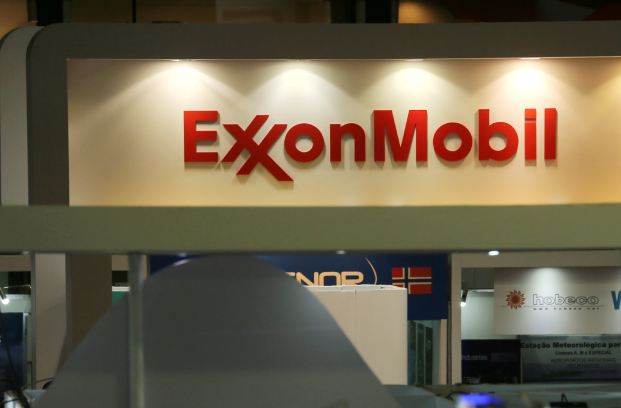A study of the eight largest American and European oil and gas producers has made a damning assessment of the companies’ vows to counter global warming.
The “Big Oil Reality Check” report analysed efforts by BP, Chevron, ConocoPhillips, Eni, Equinor, ExxonMobil, Shell and TotalEnergies on their climate and sustainability pledges and plans.
It concluded that “big oil and gas companies continue to resist and block a fast and fair transition to clean, renewable energy.”
ALSO SEE: TSMC Sees ‘Golden Age’, With AI Fuelling 10% Chip Growth
“There is no evidence that big oil and gas companies are acting seriously to be part of the energy transition,” David Tong, global industry campaign manager at Oil Change International, who co-authored the analysis, said this week.
Authors of the report used 10 criteria to rank various aspects of the eight companies’ plans on a rating system that ranged from “fully aligned” to “grossly insufficient” – and judged all eight oil and gas producers as either “grossly insufficient” or “insufficient” on the bulk of their climate promises.
‘Goals to increase production, not cease drilling’
“None of the major oil and gas companies we assess is pledging to do even the bare minimum to prevent climate chaos,” the report said in its executive summary, adding that six out of the eight companies – ConocoPhillips, ExxonMobil, Eni, Chevron, TotalEnergies, and Equinor – “have explicit goals to increase oil and gas production within the next three years or beyond.”
“Rystad Energy data indicate that the eight largest US- and European- based producers are on track to increase their combined production by 17% above 2023 levels by 2030,” which it said would increase in production on a global scale that would “put the world on a path towards global heating well beyond 2°C – locking in destruction of vulnerable communities and ecosystems.
“Conversely, if these companies were to cease drilling for new oil and gas, their production would be expected to decline by 17% collectively by 2030 – a pace much closer to aligning with a 1.5°C pathway, though still not a fast-enough pace.”
The big American oil and gas producers – Chevron, ConocoPhillips and ExxonMobil – were described as”grossly inefficient” in all categories.
“Combined, these eight companies’ current oil and gas extraction plans are consistent with more than 2.4°C of global temperature rise, likely leading to global devastation,” the report said.
‘Governments, courts must act’
Some of the companies have pushed back on the report’s findings. A spokesperson for Shell told the Guardian that the group “did not recognize the conclusions of this report.”
Meanwhile, Equinor said the report misrepresents its energy transition plan and climate ambitions, while Eni claimed its hydrocarbon production would gradually decline from 2030.
However, the authors’ conclusions – which were endorsed by dozens of NGOs – were that the oil giants “will not phase out their own products or manage their own decline”.
“Investors and governments must intervene,” they said, adding that “courts must hold these companies accountable,” because the actions of the eight firms show they cannot be trusted to manage a transition to clean energy.
It suggested moves that governments must take to counter Big Oil:
- End new licensing and permitting of fossil fuel extraction or infrastructure;
- Set a 1.5°C-aligned phase-out date for ending oil and gas production;
- Eliminate subsidies, plus local and international funding for fossil fuel extraction or infrastructure;
- Use tax policies to disincentivize investment in new fossil fuels and use public funds for a transition to clean energy.
- Hold oil and gas majors accountable for rights violations, environmental damages and reparations, plus transition costs for projects around the world.
- Jim Pollard
ALSO SEE:
Renewables Now Source of 30% of World’s Power – Guardian
China Imports of Russian Oil Rise to Near-Record Levels
China’s Solar Sector Seen Facing Years of Oversupply, Low Prices
China’s Cheap Solar Panels Killing Europe’s Solar Manufacturers
China Wind, Solar Capacity Set to Outstrip Coal For First Time
Oil Producers, Carmakers Knew of Climate Risk in 1954 – Guardian
























